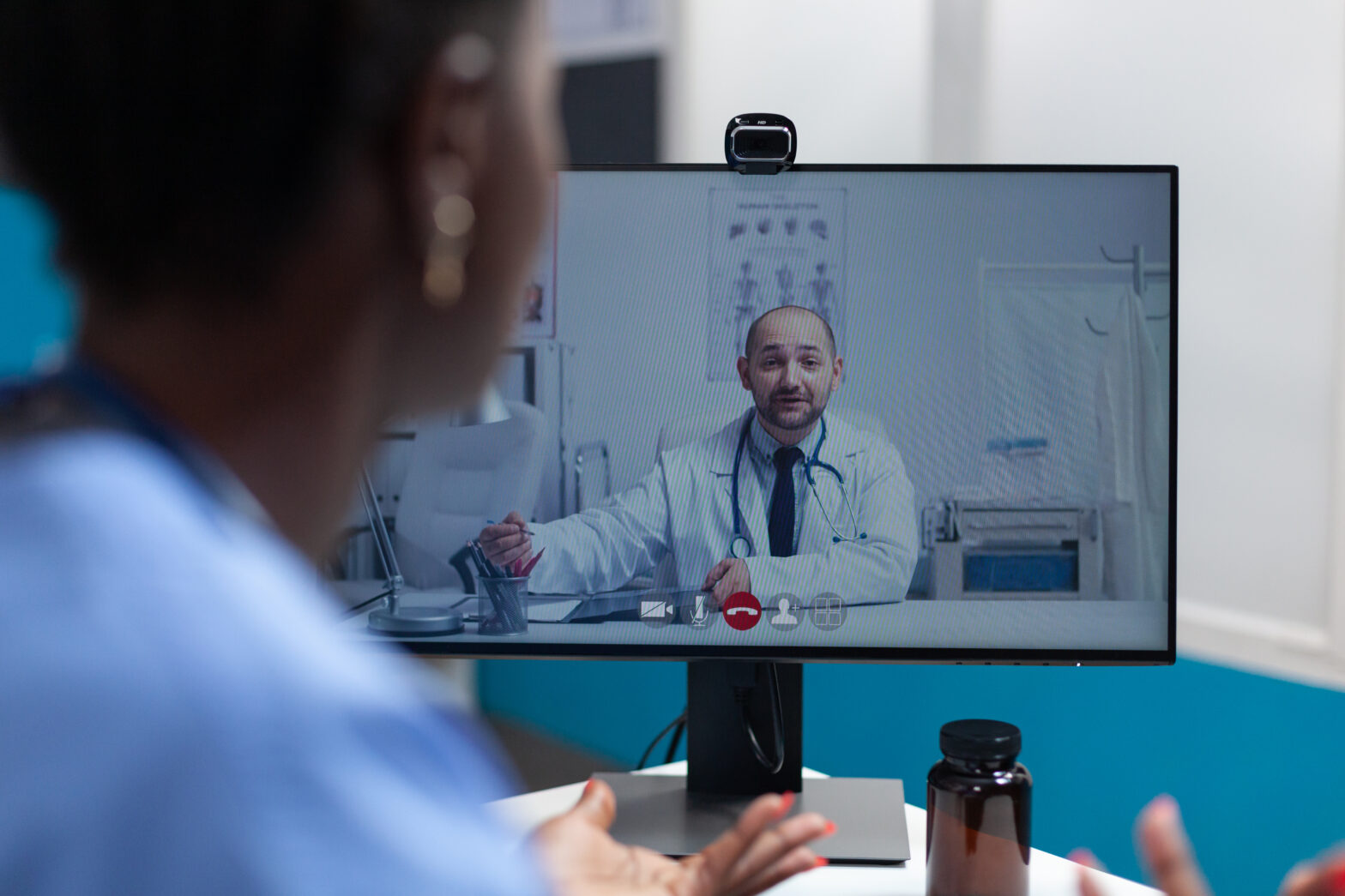In emergency situations, women and girls are often at higher risk of violence, and their sexual and reproductive health needs are often overlooked. Not being able to use adequate health facilities often results in women facing unsafe deliveries, which can lead to long-term health consequences such as obstetric fistula or even preventable maternal death. Limited access to life saving sexual and reproductive health services, including safe delivery and pre- and post- natal care, family planning and essential supplies such as food and water, also make women and girls more vulnerable to gender-based violence.
To ensure that women and girls continue to receive life-saving sexual and reproductive health services during the COVID-19 crisis, UNFPA Bangladesh is conducting its first-ever virtual training on the Minimum Initial Service Package (MISP) for health care professionals.
